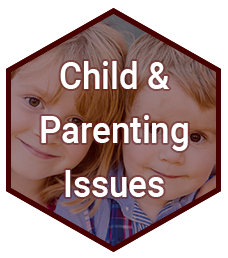Who is the custodial parent after divorce?

The divorce process is needed to settle child custody arrangements. Parents will need to make this decision in mediation or have a judge make decisions in court. They will need to follow this arrangement in order to abide by the law. These are court-ordered mandates, making them necessary to follow. Custody arrangements can consist of physical and legal custody. When a parent is given physical custody, they are named as the custodial parent. This means that the child will reside with them on a regular basis. They will most likely see the child more often than the other parent. They may also collect child support from the non-custodial parent. When judges decide on these cases, they take into account many different factors. They can examine the factors relating to each parent and how well they can provide for the child. Although the other parent may have visitation rights, the custodial parent is the one who will spend more time with the child due to their living arrangement together. Due to this, the custodial parent may be paid child support by the other parent to support the child’s living standards. This can help to provide for the child on a more consistent basis. Since the other parent does not have the child residing with them, they may not be providing for the child as much.
Can I get legal custody if I’m not the custodial parent?
Legal and physical custody need to be decided on in order for a divorce to be finalized. A parent can be given one or both forms of child custody depending on each individual situation. If parents are not granted with physical custody, they may still be able to gain legal custody. They can still be involved in their child’s life even without the role of being the custodial parent. With legal custody, they are given the right to decide on important matters in their child’s life. Our professional attorneys encourage you to fight for legal custody even if you are not given physical custody of your child. If the child custody arrangements are not working for you and your former spouse, there is an opportunity to have them modified in the future. You can file an action with the court to bring your case to litigation and have it considered.
The Pollack Law Firm, P.C. understands that divorce and family law matters can be very complicated and emotional. They require strong legal representation from a compassionate attorney. Robert Pollack is an experienced divorce and family law attorney in Long Island, New York. Contact The Pollack Law Firm, P.C., to set up a free initial consultation.
